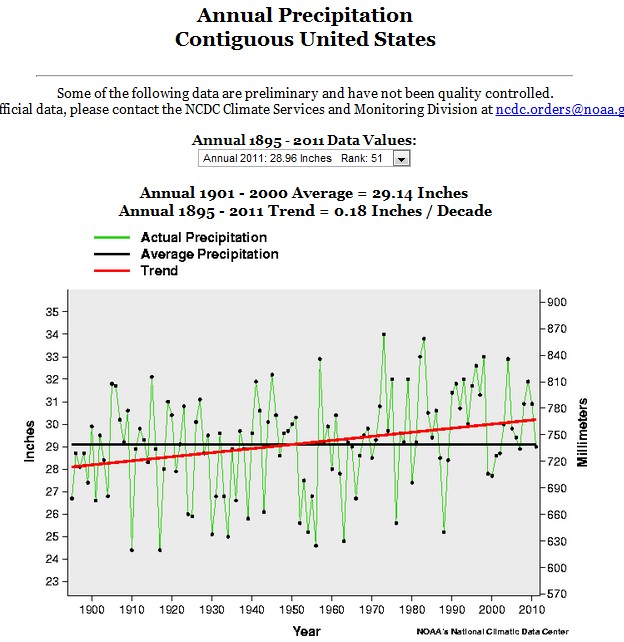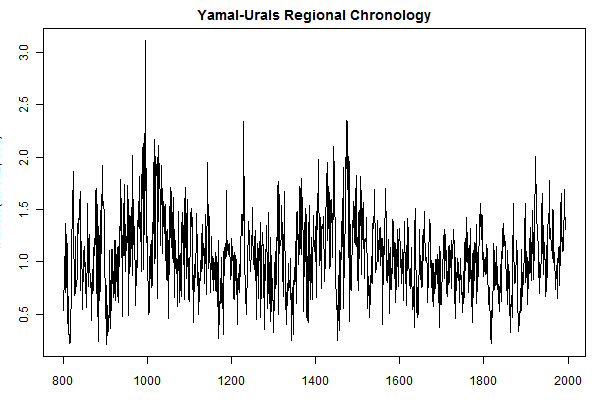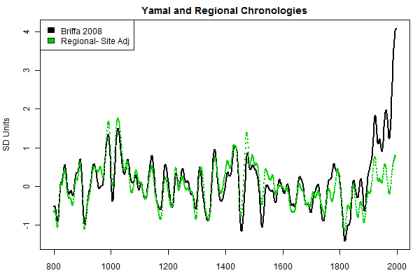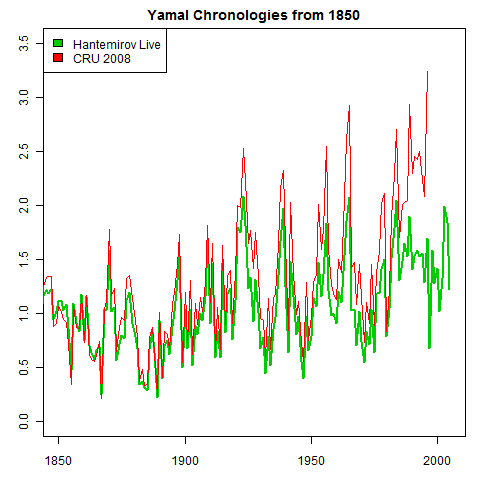 kenberg, on 2012-May-17, 06:27, said:
kenberg, on 2012-May-17, 06:27, said:
This is an important issue. There are many important issues.
Ok, so three arguments for global warming: I like this challenge.
(1)
The earth's Energy Eco-System
Essentially, the only way that energy can reach or leave the earth is via electromagnetic energy. The energy that reaches the earth from the sun is primarily in the visible spectrum. This is absorbed by the earth, which warms it, and it emits infra red radiation. The atmosphere is fairly opaque to infra red radiation, and the temperature of the earth is essentially determined by how long, on average, it takes this infra red radiation to leave the earth and radiate into space. Suppose that on average, it takes a photon from the sun one minute to reach the earth, be absorbed, re-emitted, scattered multiple times in the earth's atmosphere, and leave. In that case the energy content of the earth's atmosphere is exactly one minute*sun's energy input. (one minute is completely made up btw).
In practice, the only thing that matters for this estimate is the albedo, and the so called "scattering length" for a photon of a given wavelength in the atmosphere. The albedo is important, because some of the sun's light is reflected, and because of the transparency of the atmosphere to visible light, reflected energy leaves the earth immediately. This is pretty easily measured by satellite surveys: we are essentially just measuring how "bright" the earth is.
The scattering length is where all the fun is. Essentially, if we know the composition of the atmosphere, we can measure their scattering cross-sections in the infra red in the lab, and then calculate from this the scattering length. Once we know the scattering length, the light does a random walk in steps of the scattering length. You can work out how long it takes to leave the atmosphere, and hey presto, you now have your answer. Carbon dioxide, among others, has a large scattering crossection for IR light, so adding more shortens the step length, and increases the insulation effect. This is all very well understood physics, and there is essentially no room for debate on any of these effects.
However, the problem arises mainly because the composition of the atmosphere is not fixed. We have pretty good information of the atmospheric composition since about 1960. Before that it is fairly sketchy, but what we do no, about the composition of CO2 H2O CO SO2 CH4 etc, makes it essentially incontrovertible that the earth is warmer now than in 1960. Whatever errors and difficulties exist in the temperature record, are largely irrelevant. If this argument can be summed up in one sentence it is this:
If you know the composition of the atmosphere and the global albedo, you know the global temperature.
Sadly, this is not the end of the story. There are large uncertainties in forecasting the future composition of the atmosphere. Mainly to do with feed back in its various forms. Does melting ice caps release significant effects of methane? How will increased demand for meat affect the amount of methane in the atmosphere (cattle are the largest generators of atmospheric methane). How rapidly will deforestation release CO2 into the atmosphere? How much extra water will end up in the atmosphere as a consequence of higher temperatures? This is a particularly non trivial question, as a lot of this depends on the water cycle, which is highly dependent on the quantity of vegetation. Thus if rainfall moves such that more rain falls on land and there is more vegetation, this will both decrease the albedo, and increase the amount of water in the atmosphere. It is these kind of model uncertainties that make climate forecasting hard.
(2) Ensemble Modelling
The purpose of ensemble modelling is to make predictions despite large uncertainties. Essentially, you take every parameter that has some variation, randomly select a configuration, and run your model. Then take another random selection of parameters, and run it again. Take each model and run it against the historical record for the last 40 odd years, and exclude every configuration that diverges wildly from the historical record as an unphysical choice of parameters. Take all those that remain, and run them for 40 odd years into the future, and then you get some predictions. You then to some statistics and end up with some comes, and you say well 80% of the models end up with warming of 2-4 degrees. So that is our most likely scenario. In fact, comparing with the historical record gives us a configuration space that has pretty good clustering for the models. Of course, there is always the danger that the future is wildly different from the past, but this is really the best you can do. Clustering indicates that there are good "rules" about how these parameters relate to each other. The primary danger with ensemble modelling is that the relations between say, temperature and water vapour, that were true in the past, are not true in the future. This is a model risk that you cannot really deal with, the further that the model moves away from the temperatures of the historical record, the greater the chance that there will be a large deviation. Nevertheless, the statement that, if the future is pretty much like the past, then the addition of x amounts of CO2 will lead to y amounts of warming, is already very strong.
Here is a particular plot from an ensemble model. Just off wikipedia, I don't knwo anything abotu the details, so don't boether asking, but it seems representative:
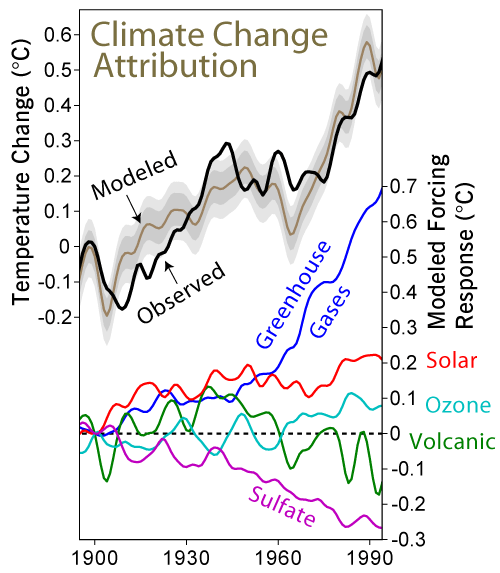
So the model tracks five major components, over the last 100 years of data, and predicts the temperature based on them. The bottom is the individual components to the warming from each individual factor.
(3) Data
So in the public imagination, the most important thing is the relationship between CO2 and temperature in the past. I hope this post has made it clear that that relationship is not that important. There are vast uncertainties about the composition of the atmosphere in the past. There are almost no uncertainties about the relationship between atmospheric composition and temperature. CO2 estimates from the past are not enough. You also need to know about all the other trace gases if you want to have a robust correlation. Some of these gases, particularly the organic ones like Methane, are very difficult to get accurate data on.
Further, all data has to be interpreted through a model. We cannot directly measure past temperatures, or past atmospheric composition. We always have to measure some proxy, and then use some model to interpret the proxy in terms of the original variables. Each of these models is subject to its own flaws and biases. This makes historical Data a living nightmare. All of this argument about `adjustments' is really arguments about models. To give you a taste of the kind of problems inherent in this, suppose that I take an ice core and look at the composition of the gases, now in order to say that this is the composition of the atmosphere I need to ask: Is the atmosphere at the arctic representative of the whole globe? Particularly when it comes to the amount of water vapour in it, you know that it is not. Some gases can permeate frozen ice. Some can permeate it at some temperatures but not others, and some basically cannot, so there is some kind of relationship between the original composition, the date of that original composition, and the final, measure composition. Was there originally any bacteria in the air? If there was, even a few cells per cubic centimetre could, upon decay, vastly change the amount of organic gases in a sample. Finally, I need to draw a relationship between the depth and the age. Each of these sources of error needs a model, each of these models is based on assumptions about how the world worked in the past, and every such assumption is a possible source of error.
Now, the data does show a decent enough correlation between the CO2 level and the temperature, but it is not nearly as good as the models suggest that it should be. My take is that this tells us that in the past, the world was different in a way not fully accounted for by our models. Maybe it had much more SO2 in the atmosphere than we thought. Maybe the Earths orbit was significantly different. Maybe the measurements of the past are not so accurate as we believe. To me, it is not a great surprise that ensemble models based on forty years of good data do not accurately forecast conditions 5000 thousand years in the past. There are lot of assumptions that could go wrong.
To me, then, historical data is not a good way to investigate this type of forecasting. Its just too messy. I find the arguments that I sketched in parts one and two basically completely convincing, as they are based wholly on things that we understand really very well. It does not make it 100% true, but we should plan based on our most likely forecasts, with some precautions against particularly devastating consequences that are outside the main channel of forecasts, and that means 2-4 degrees of warming in the next forty odd years
The physics is theoretical, but the fun is real. - Sheldon Cooper
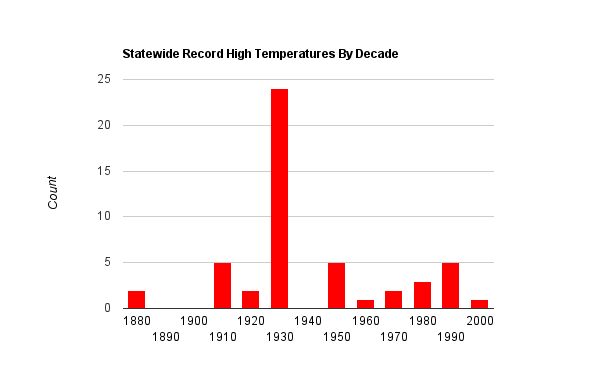

 Help
Help





